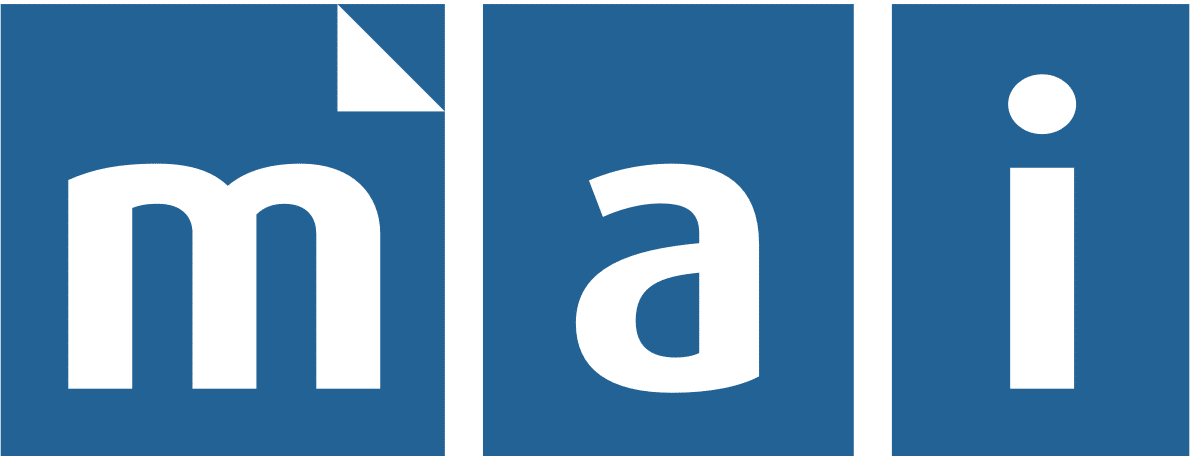By Ramon Rocha III

Is the fear and real possibility of digital piracy stopping you from venturing further into digital publishing? Authors and publishers can protect copyrighted content through Digital Rights Management (DRM). But DRM has a downside. Valid customers may get annoyed by its features, plus DRM does not guarantee your ebook is 100 percent piracy-proof.
Evaluate “The pros and cons of DRM” by Shelly Hitz. Compare notes with this similar article, “A Critical Look at the Pros and Cons of Digital Rights Management.”
We can only protect our digital products to an extent. If pirates want to steal your ebook, they will always find a way. Consider adopting another perspective: Digital piracy will actually help promote your book and sell more copies. Read marketer Tim Grahl’s take: “Ebook piracy = sell more books.”
Surprisingly, many American publishers have learned the hard way that the majority of “piracy” does not start with a pirate, according to Dan Balow, president of Gilead Publishing. Rather, the publisher emails a reviewer a PDF of a manuscript, but the reviewer posts it online for a few friends. Before you know it, the content is freely available on the internet. Thus, many publishers prefer to send hard copies for reviews now.
“Of course, the more significant the book, the greater the potential for outright piracy,” Dan says. “If there is no money to be made from a pirated edition, there is little piracy!”
Ramon Rocha III is director of publisher development at Media Associates International (MAI).
